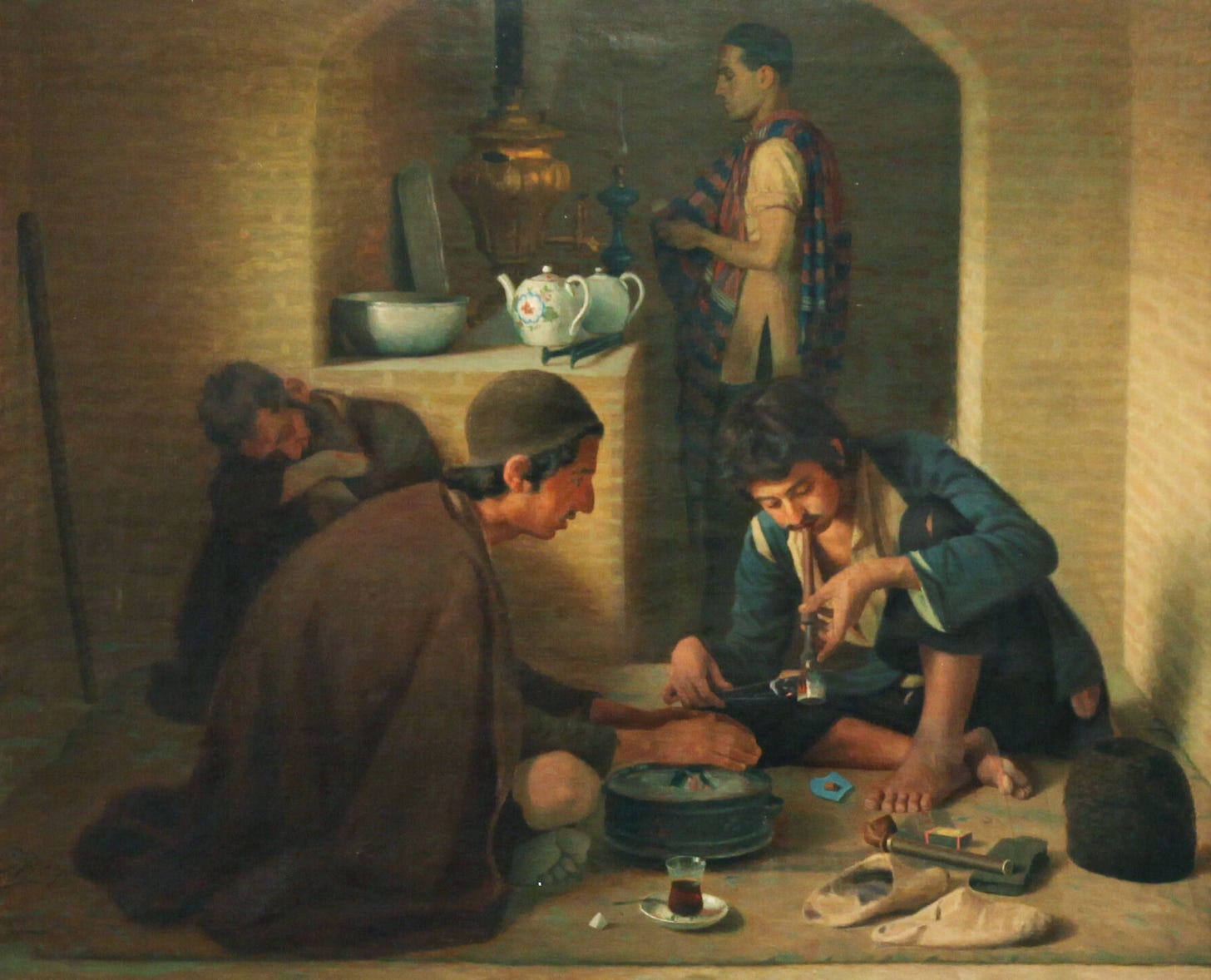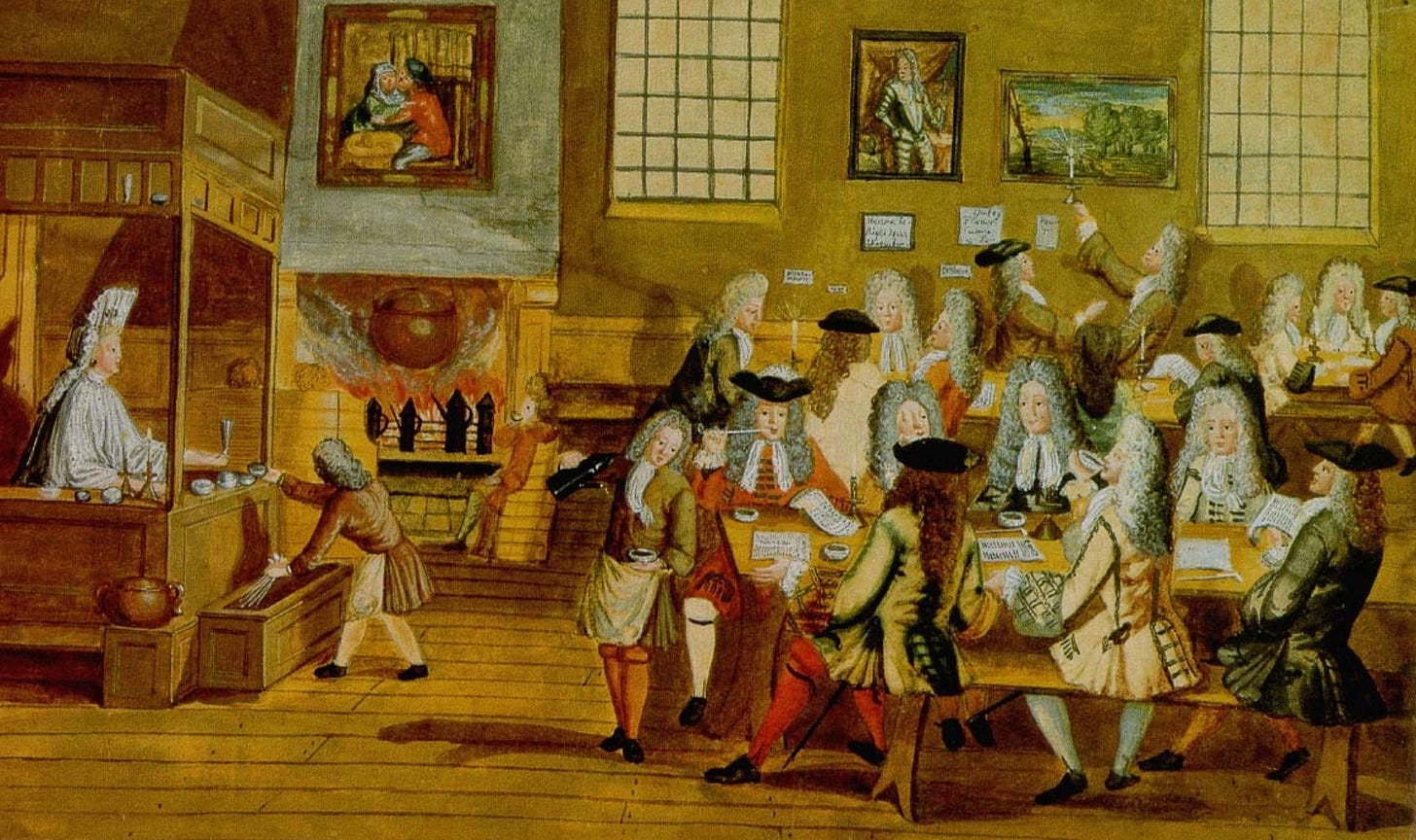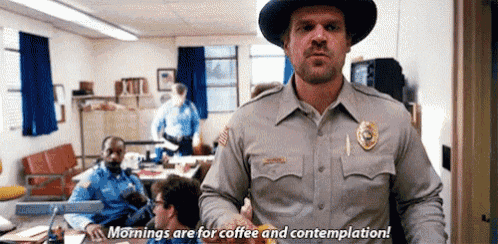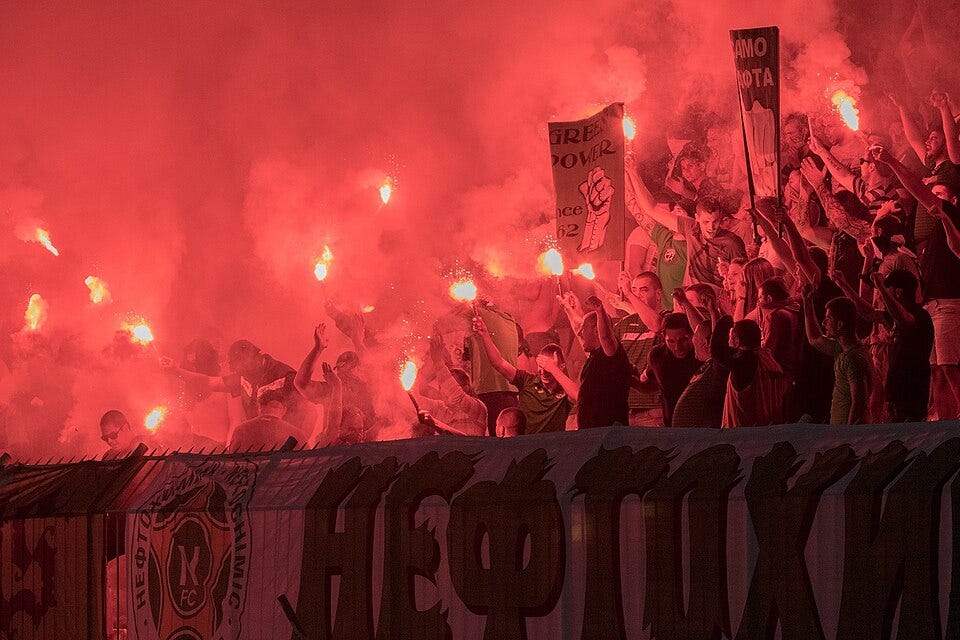But first, coffee.
So goes the Millennial meme. Yet there’s wisdom in those three words. Affirmation that before function, before production, there must be space for the self.
It’s a radical mantra when you dig into it: the imperatives of economy and society must wait upon the stillness of a sip.
I love a good cup of coffee, especially before a run, ride, or whatever awaits in the gray gloom of dawn. Think of it now. Warmth radiating through ceramic. Smoky heat at your lips. Liquid ardor to confront the day’s ragged edge.
Everyone has their preparation preferences, but drip coffee usually works for me. I like the blend of ancient plant and mechanical modernity—grounds resting soil-like within a paper filter, buttons tinkering, electric kettle cheerfully gurgling with percolation.
Whatever your preference, however you take your coffee, you know the ritual has power.
It also has history.
While its legend dates back to the 9th century, coffee consumption didn’t begin until the formative decades of the 1400s. Native to the Ethiopian highlands, coffee cultivation as a beverage was first documented in Yemen, where Sufi communities used it to sustain night-long meditations and devotional zikr chants.
The varietal arabica is named for the Yemeni port city of Mokha, the conduit for coffee’s spread up the Red Sea to Cairo and Istanbul. Across the Islamic world, coffee became an object of beauty. A cup was often compared to a tulip or the kohl-rimmed eyes of a lover. Coffee’s iridescent oil likened to the jewel-hued feathers of a peacock.

Coffee is a drug, of course. Its caffeine works into the bloodstream as an adenosine blockade that increases alertness with a reliable bump in endurance. This also made its way into rituals. In the Ottoman Empire, coffee was used in send-off ceremonies for high officials before military assignments, the coffee service symbolizing vigilance and imperial duty.
In Europe, the descendants of Islamic coffee culture were coffeehouses. Known as “penny universities” in England, reflecting the price of a cup, these spaces contained newspapers, conversation, and debate. A 1674 English pamphlet held that “the Coffee house is the Citizens Academy where he learns more Wit than ever his Grannum taught him.”1

Political scientist Jürgen Habermas would later argue that the relatively inclusive banter of the coffeehouse helped seed “the public sphere,” the architecture of modernity that enabled public trading, democratic revolutions, and modern libraries of knowledge.2
All that is to say, a cup of coffee is never just a cup of coffee.
When you drink coffee in the aurora of daybreak, you’re tapping into deep history. You’re riding ancient grooves, baby. Surfing the same cosmic vibes that moved Sufi mystics along the Red Sea, an adrenal rococo bumping through your bloodstream.
Smoky hot, sulfuric liquid tingles on your tongue. Warmth ebbs down your throat. Your pulse thrums, a quiet revving of internal engines.
The morning workout still sits before you. Nothing has been accomplished, nothing won. Only six ounces of time. Time to feel yourself embodied, if only for a moment.
Your fingers rest curled around your cup, radiating heat against your palm as you set your mind toward the looming tribulations of the day. Those mundane devils still remain. Exercise, work, childcare, chores—all wait beyond your last sip. There be monsters, yes.
But first, coffee.
For more on the Islamic history of coffee, check out this fun piece from Neha Vermani in the Folger Shakespeare Library’s blog. There are lovely images of coffee culture in the Mughal and Ottoman empires.
For more on the politics on the English coffeehouse, read this overview by Kat Eschner in Smithsonian Magazine about the 17th-century “Women’s Petition Against Coffee” which surveys the gendered nature of coffeehouses.
Before you go …
I wrote a piece, reflecting on radicalism, violence, and sport. I won’t send it out broadly via email, but the paywall is now down.
The Internet Radicalization Engine is Coming for Sport
Last Wednesday, internet personality and conservative activist Charlie Kirk was assassinated while speaking at a political event at Utah Valley University in Orem, Utah.
That’s all for this week. Thanks so much for reading.
Coffeehouses soon became relay stations for news and finance. The London Stock Exchange began in 1698 at Jonathan’s Coffee House where men met to set stock and commodity prices. Merchant shippers and insurance underwriters at Edward Lloyd’s Coffee House would grow into Lloyd’s, today one of the world’s largest insurance syndicates.
Habermas also narrated a “refeudalization” of society in the 19th and 20th centuries as commercial culture and mass media blurred the boundaries of state, markets, and public debate. A visit to ta cafe in 2025, filled with isolated, alienated individuals, tapping away at side hustles that service rent-seeking ecommerce platforms indicate Habermas was not far off base.









I didn’t start drinking coffee until 2020. One of my life’s big regrets.
…i’m not sure what it says about me that i’m more of a 7pm glass of iced coffee type of fella…big fan of the breakfast kombucha…